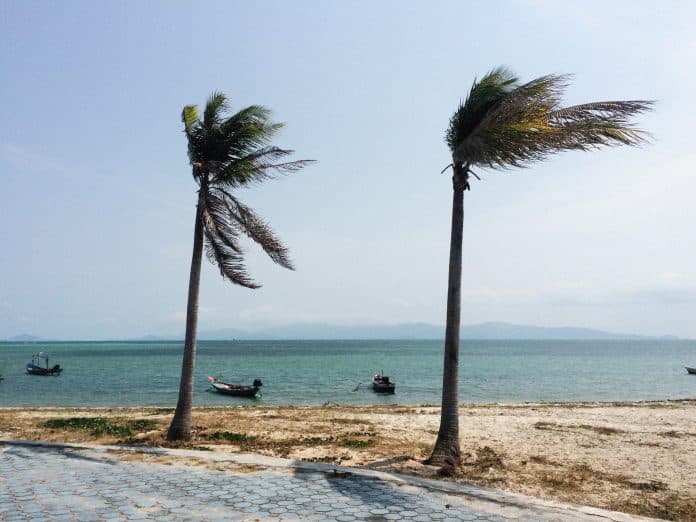Small island developing states are particularly vulnerable to climate change. Although not all of them are among the world´s poorest, they need help to become more resilient to the effects of climate change, including rising sea-levels.
In February former Norwegian Prime Minister Erna Solberg was nominated to be Co-Chair of a 12-member High Level Panel to come up with recommendations to the UN on a multidimensional vulnerability index.
“What we are going to create is an addition to just looking at the GDP per capita for the countries when allocating aid but also looking at other vulnerability factors,” Ms. Solberg explained in an interview for the UNRIC website.

“Some of the Caribbean countries are middle-income countries, but they are small. Some are very poor; others are not so poor, but we see that these countries will still need help to make their countries more resilient to climate.”
Prevention of emissions is not enough
Solberg emphasizes that flexibility is important when it comes to financial institutions.
“A lot of money goes to prevent greenhouse gas emissions, but many countries that are fighting to get income from the Green fund, most do not emit greenhouse gases at all,” Solberg says. “We must also make sure that part of the money goes to make countries more resilient and robust in the face of climate change. That not all the money will go to fighting climate change but to the effects that many of these countries will most likely face, even though they have contributed very little to climate emissions.”

Much focus has been on sea-level rise when it comes to small island states, but that is not the only consequence of climate change that they are facing.
“Several of these islands are located in extreme weather zones, so that the risk of a country failing to recover from one hurricane until the next one hits becomes greater and greater.”
Ocean Conference
Climate change is far from the only issue on the international agenda that small island states have to deal with. She doesn´t hide that she was “a little disappointed after the Ocean Conference.” However, she welcomes that the new Norwegian government has followed up on her outgoing government’s initiative to help fight illegal fishing.

“It is clear that if you are a small country, but have very many islands, it is difficult to patrol and make sure that there is no overfishing in their areas. There are common challenges, so you must be able to help with satellite control. We have had a very close collaboration with Indonesia when we were in government for their fisheries supervision. This has had a very big effect. Many of these small countries are unable to mobilize in the same way, so we need to find models so that these countries can take care of their fishing resources, so that fishing becomes sustainable, that it becomes possible for people to live off in their own country – these are important things that Norway can help with. There, I think they have received a good follow-up from the Norwegian government at the UN Ocean Conference.”




